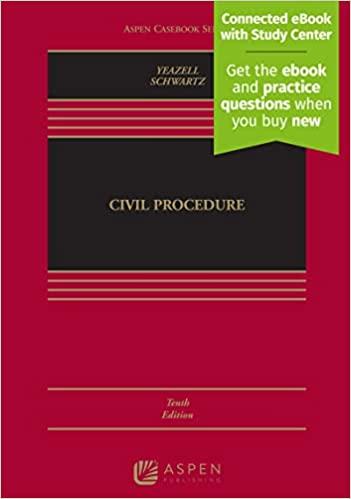ICU-LLB. LULLI. LLLCKIL In: lull-C lellull 1\". ll VVULnCLD LULLLPCLIDQLAUIJ. LUBE. IJJJC WELD LllJLu-CLI. 111 LJ-JJ 1.11 state A. In 1995, her employer destroyed all the business records relating to the client. The destruction of the records was apparently accidental, not intentional. They were destroyed, however, while the client's workers' compensation claim was pending. Authority: You have located the following authority, all of which is directly related to the issues raised by the facts of the client's case: 1. Idle v. City Co. a 1980 decision by the highest court of state A in which the court created a cause of action in tort for the wrongful destruction of business records. The court ruled that a cause of action exists if the records were destroyed in anticipation of or while a workers' compensation claim was pending. The court also held that a cause of action exists if the destruction was intentional or negligent. 2. A 1989 state A statutea law passed by the legislature of state A that created a cause of action in tort for the intentional destruction of business records. The statute provides that a cause of action exists if the destruction occurs in anticipation of or while a workers' compensation claim is pending. 3. Merrick V. Taylora 1990 decision of the court of appeals of state A. The court of appeals is a lower court than the state's highest court. The court held that the term intentional, within the meaning of the 1989 statute, includes either the intentional destruction of records or the destruction of records as a result of gross negligence. 4. Davees v. Contractora decision of the highest court of state B interpreting a state B statute identical to the 1989 state A statute. The court held that the term intentional, as used in the statute, includes gross negligence only when the gross negligence is accompanied by a "reckless and wanton" disregard for the preservation of the business records. 5. A 1991 federal statutethe statute is identical to the 1989 state statute but applies only to contractors with federal contracts. 6. An ALR referenceaddresses specific questions similar to those raised in the client's case







